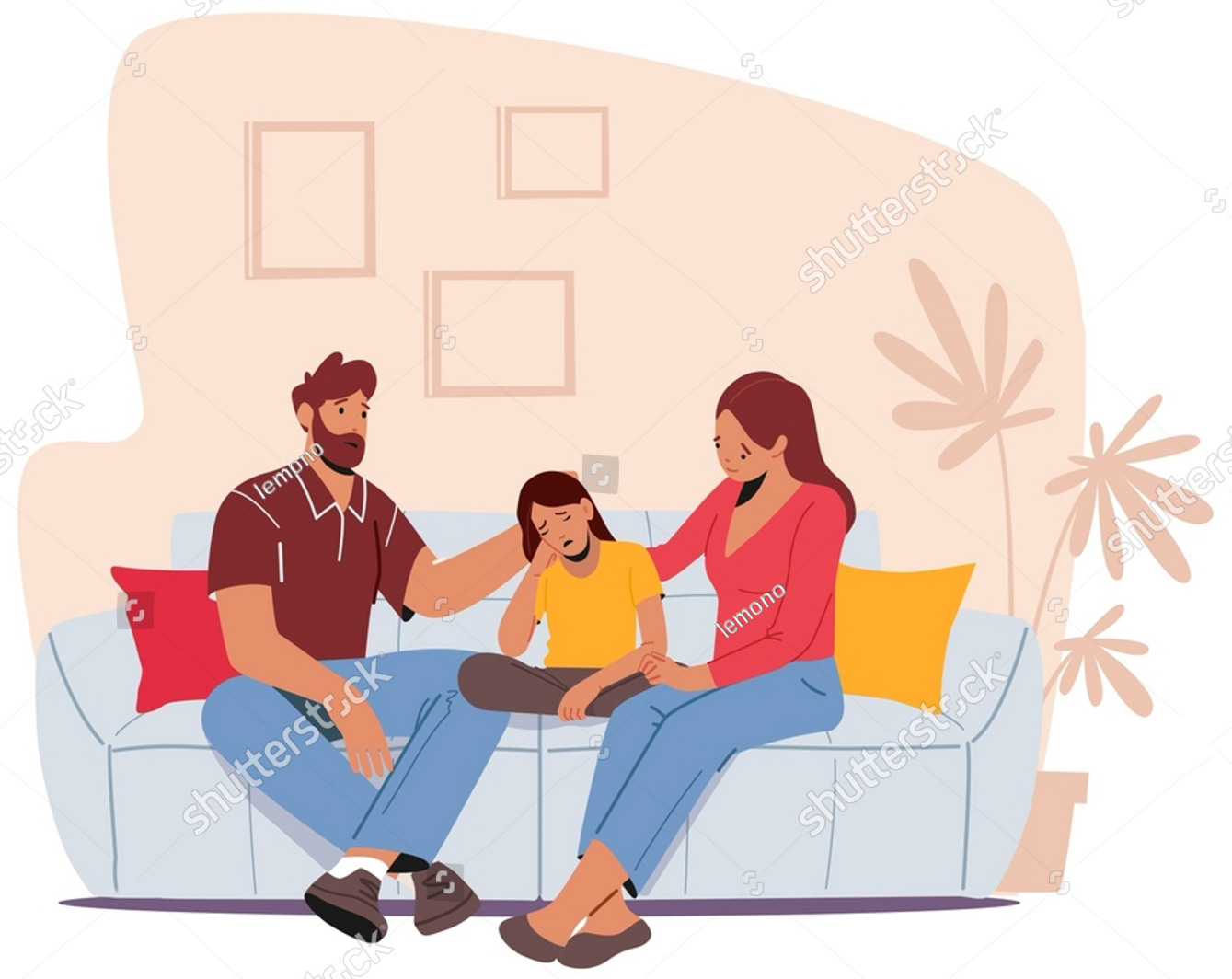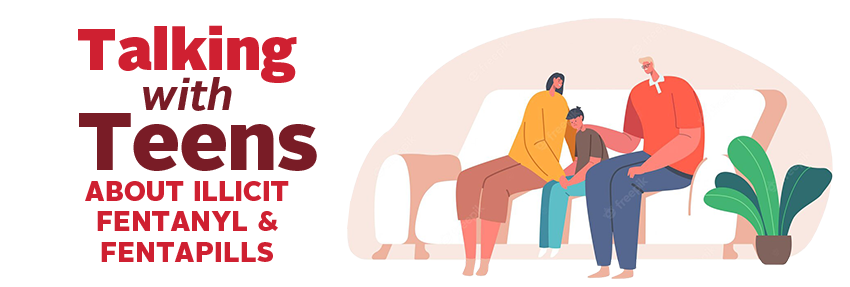
Sometimes it can be hard for parents and teens to communicate – but with drug overdoses more common than ever before, it’s never been more important for teens to be armed with information. Knowledge is power, so follow these tips to start a dialogue with your teen about deadly drugs like illicit fentanyl.
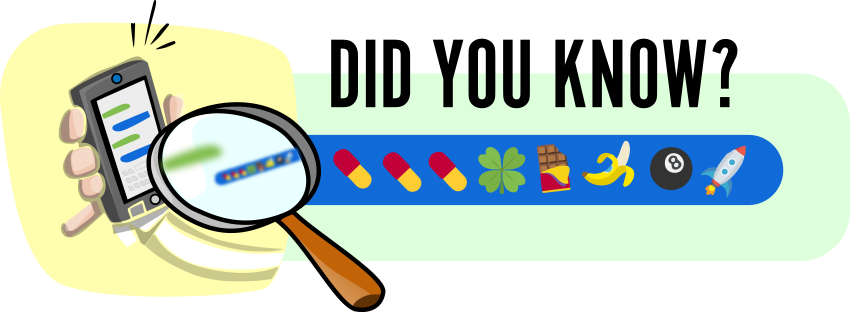
Drug users and dealers use EMOJIS to communicate in code. Click here to read the DEA’s PDF about these emojis and illicit drugs.
Make it a conversation.
- Telling teens not to do drugs is NOT the way to go.
- Teens that are most at risk may just tune out this warning if they feel like they’re being judged.
- Listen instead of sharing your own opinion.
- Be empathetic and supportive.
- Stick to the facts and life-saving tips.
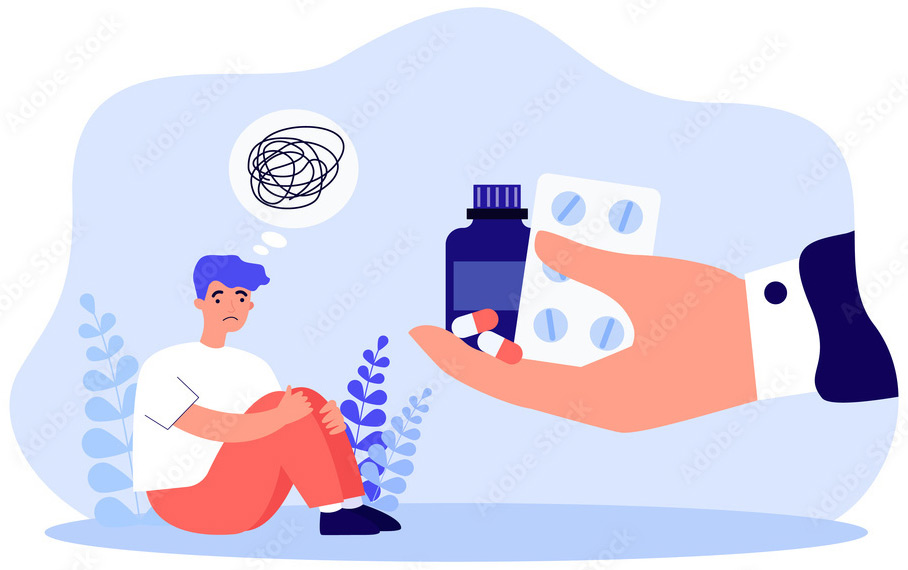
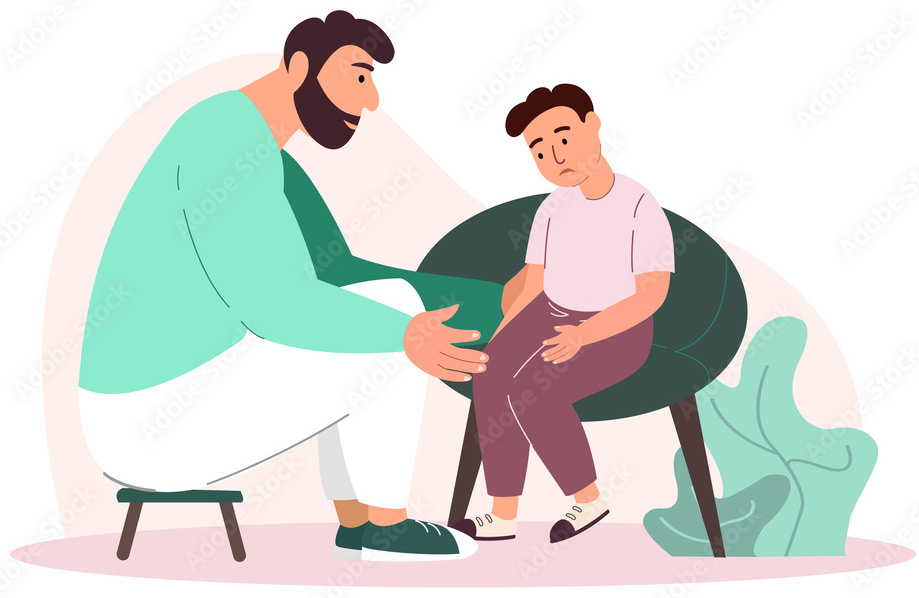
Explain the reality.
- Impress upon teens that illicit fentanyl isn’t a distant danger — it’s hurting our community, and they are very much at risk. The idea that “only people who get drugs from random people overdose” is completely false. Fentanyl can act as a poison on the human body.
- It is nearly impossible to tell a legitimate prescription medication from a fentapill (a counterfeit or FAKE & illicit fentanyl pill).
- 40% of illicit fentanyl pills contain a deadly dose of fentanyl.
Be clear about the risks.
- Illicit fentanyl is tasteless, odorless, and too small to see. In fact, an amount about the size of two grains of salt can be lethal.
- Dispel the myth of a “safe” source: Substances are laced with illicit fentanyl long before they reach the friends, dealers, and friends-of-friends that teens trust to supply them.
- Illicit fentanyl can be anywhere; it has been distributed in pills, powders, and marijuana.
- While one pill might not be deadly, another one could be. One Pill Can Kill!
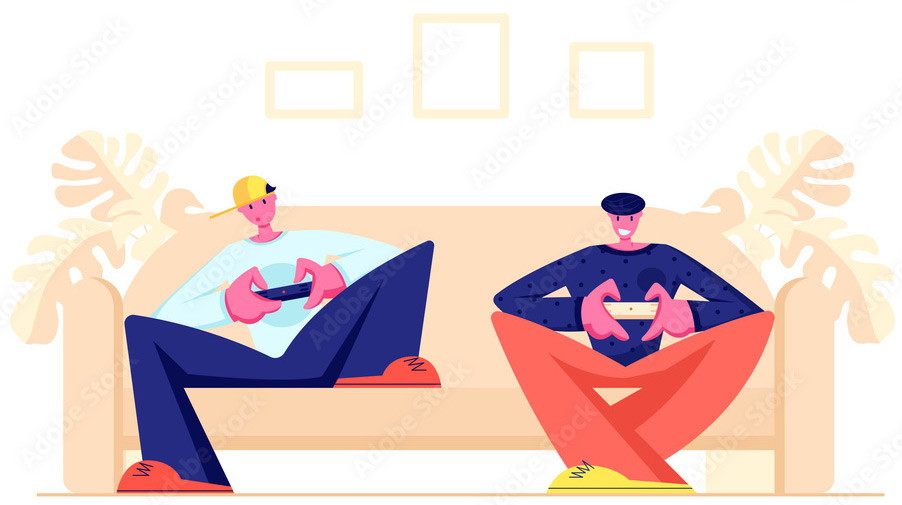
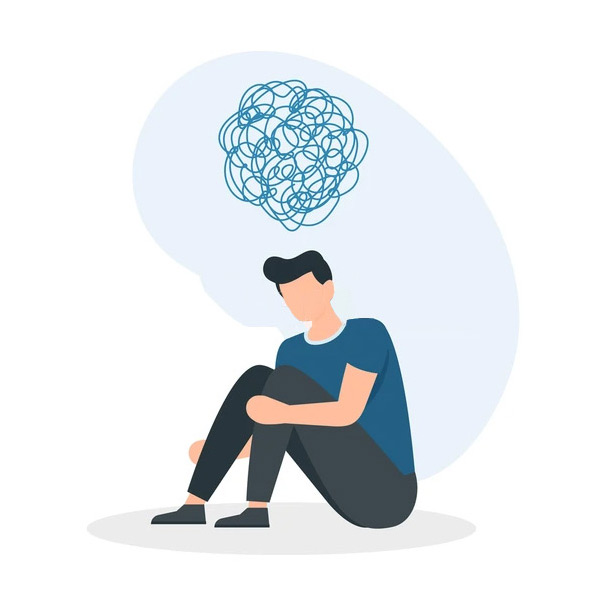
Help them find naloxone – an emergency OD treatment.
- Naloxone can reverse an opioid overdose.
- The teens around you may already know what naloxone is, but they may not carry it yet.
- Let teens know that naloxone is legal for ALL ages.
- They can get access to naloxone privately through a pharmacy without a prescription from a doctor.
Stress the importance of looking out for one another.
- When someone’s overdosing, they can’t give themselves naloxone.
- By always carrying naloxone, letting others know they have it, and accompanying friends as they use, teens can decrease the chances of a friend suffering a fatal overdose.
Teach them that it’s okay to seek help.
- Naloxone reverses overdoses, but it’s not the ONLY medical attention someone will need.
- Impress upon teens the importance of calling 911 before administering naloxone, to allow time for professional medical attention to be sought.
- Remind teens of the Good Samaritan law: If you seek medical assistance in a drug-related overdose, you and the victim cannot be prosecuted for drug possession.
Keep the door open.
- Let teens know that you are available if they have questions.
- Encourage them to visit ODfree.org to learn more about opioid overdoses, illicit fentanyl, and naloxone.
